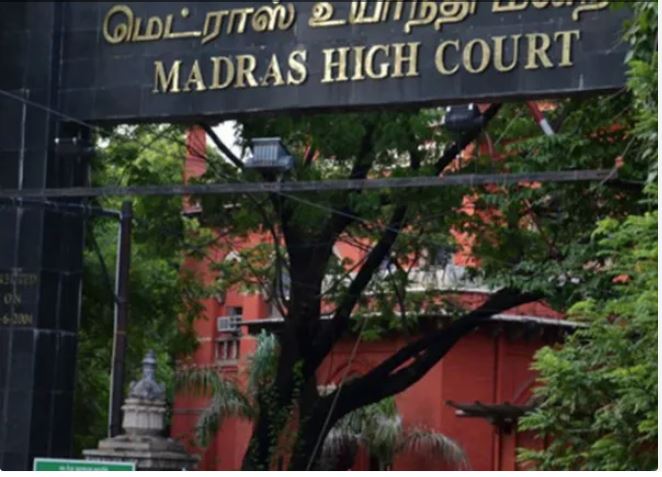The Madras High Court on Wednesday refused to issue a stay on new rules framed by the Tamil Nadu Government’s Hindu Religious and Charitable Endowments Department for the appointment of priests.
The Division Bench of Chief Justice Sanjib Banerjee and Justice P.D. Audikesavalu passed this order while hearing a Petition filed by T.R Ramesh.
The challenge in the petition is to the Tamil Nadu Hindu Religious Institutions Employees (Conditions of Service) Rules, 2020 that have come into effect on September 4, 2020. The principal grievance of the petitioner is that in Rule 2(1)(c) of the said Rules defining “Appointing Authority” and permitting a Fit Person as defined in the Tamil Nadu Hindu Religious and Charitable Endowments Act, 1959 to act as an appointing authority, the Rules go against the grain of the parent statute of 1959 that requires only trustees to make such appointments.
The further ground urged is that in Rule 2(1)(j) defining “Ulthurai (Indoor) Employee” and to the Rules indicating how Agama teachers would be inducted into temples, the particular Agama that is followed in a temple, which is otherwise judicially recognised to be sacrosanct, is sought to be tinkered with.
According to the petitioner, since a person who has passed a three-year course from any Agama school may be appointed as an Agama teacher or Thevaram teacher or Veda teacher, the particular Agama relevant to the temple may not be followed by the “Archaka” recruited under the said Rules.
The petitioner maintains that the “Archaka” has to be trained only in the specific Agama that is relevant to the particular temple and it is not permissible to mix up even between the two Vaishnava Agamas or between any of the 26 Shaiva Agamas.
The State will file its counter-affidavit within four weeks from date. Reply thereto, if any, may be filed within a fortnight thereafter. List the matter for seven weeks hence, the court ordered.
Any appointments made in the meantime will abide by the result of the petition since it, prima facie, appears that the appointment by a Fit Person may not be the appropriate form under the Act of 1959, the court observed.
The Court said that, it would do well for the positions of trustees lying vacant or unfilled to be filled up in appropriate manner and in accordance with law so that such trustees can, in terms of the Act of 1959, choose the “Archakas”.
“It is also made clear that though no interim order is granted as prayed for, there must be no breach in following the particular Agama which is relevant for the particular temple for which an appointment is made,” the order reads.


